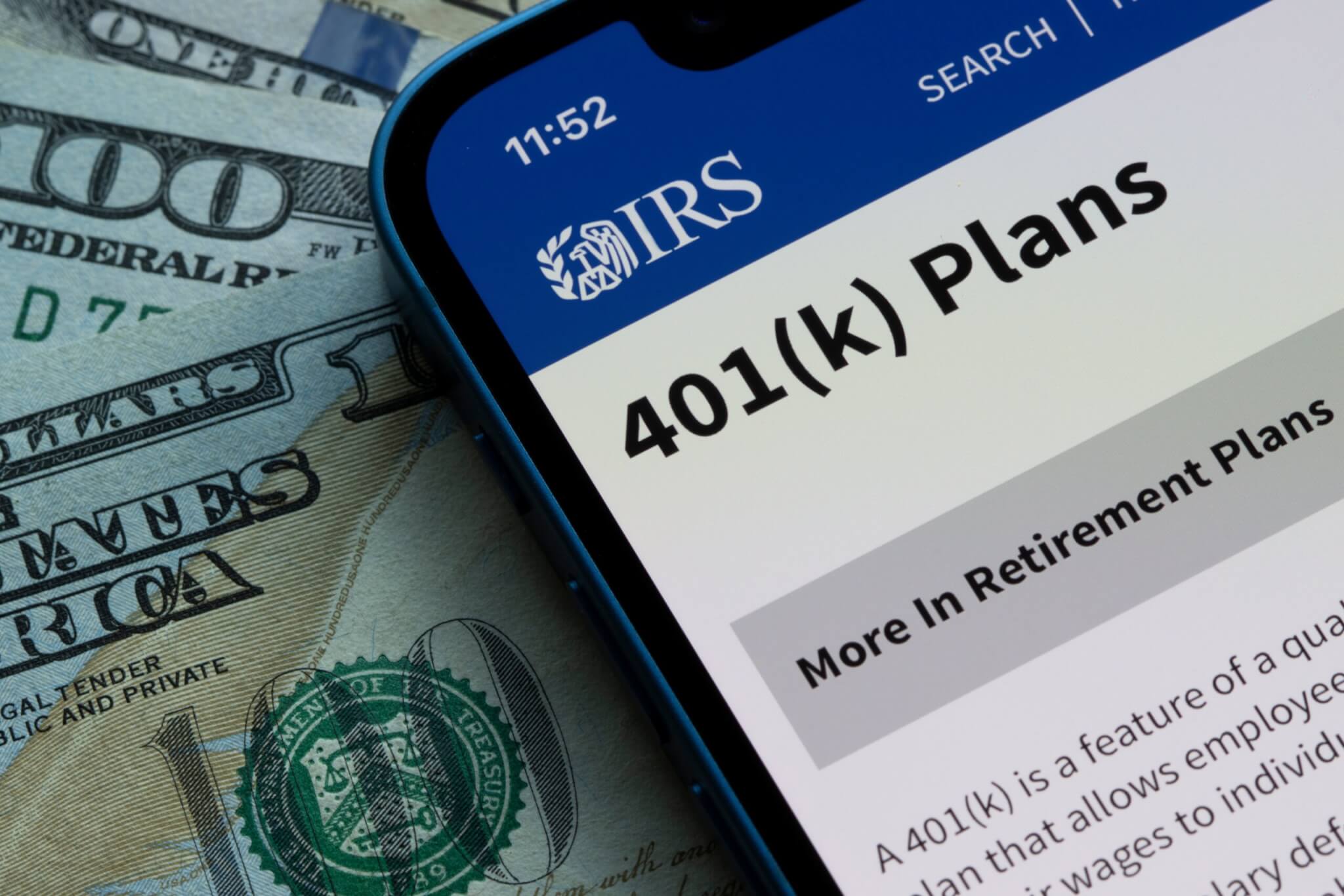Science never takes a break, and as the calendar turns to 2024, StudyFinds is looking back at the past year in research from around the globe. When it comes to money, researchers are constantly looking at how different factors affect your wallet.
From examining the rising cost of living to revealing the best ways to save money, these studies and surveys often help everyday people find ways to keep more cash in their pockets. Here are the top seven money-related studies of 2023:
Living in the red: Average American has over $54,000 worth of debt
What would you do to be completely debt-free? A recent survey found Americans would give up social media for a year (32%), spend a night on a remote island (31%), and even go a month without internet access (29%) to get out of the red.
According to the poll of 2,000 U.S. adults, however, the average person feels they could only stay debt-free for eight-and-a-half weeks (less than 3 months) before accruing new debt. People’s biggest debt hurdles include credit card debt (57%), mortgages (30%), automobile loans (30%), and medical debt (28%).
Conducted by OnePoll on behalf of Beyond Finance for National Financial Freedom Day, the survey also found the average person has $54,767 worth of debt, with 56 percent saying they owe more for necessities than for “nice-to-haves.”

Sandra Bullock leads list of actors for earnings per SECOND on screen in Oscar-nominated movies
How much is your time worth in dollars and cents? Obviously, Hollywood actors make a lot more money than the average person, but a recent survey found some stars actually make more in a single second than many people do in an entire year!
While she’s definitely a member of the A-list, it may surprise you to find out that Academy Award winner Sandra Bullock tops the list of actors in Oscar-worthy movies in terms of her worth per second to these films! According to the study, commissioned by Onlinecasinos.co.uk, Bullock is worth nearly $95,000 for every second she’s on the screen in recent Oscar-nominated films.
Among her many credits, Bullock took home the Academy Award for Best Actress in a Leading Role in 2010 for her work in “The Blind Side.” Sir Ian McKellen came in second, with a box office worth of just over $90,000 for each second the English movie legend graces the screen.

Poll: Average American should be able to afford a dream home by age 33 — and retire by 44!
We’ve seen a lot of research in 2023 emphasizing how more of America’s young adults still rely on their parents financially well into their 20s. According to a recent poll of 2,000 adults, however, Americans believe the average person should be able to afford their “dream home” — by age 33! If you think that’s wild, the age at which people think retirement becomes attainable is two decades earlier than the standard.
The surprising results reveal that, aside from their ideal house, the average person should also be able to afford a car by age 26, along with a starter home and a child by age 30. After that, Americans think they should have enough money to have a second or third kid by age 32, and, shockingly, retire by age 44!
“Most people believe in the positive impact setting aside money for later can have on their lives,” says spokesperson Courtney Burrell, financial professional at Empower, in a statement. “Whether it be for retirement, a home, or Taylor Swift concert tickets, having a plan — and sticking to it – can help you reach your financial goals, both big and small.”

Nice people don’t value money? Your personality may reveal your savings skills
It doesn’t hurt to be a little mean if you’re looking to save more money. A recent study found that nice people finish last when it comes to managing their finances — since they don’t value it as much. Researchers from Columbia University explained that those who are more agreeable are the least likely to save money because they prioritize hanging out with people over material wealth.
Meanwhile, highly conscientious people may be more motivated to plan for the future and save funds. Moreover, if your personality matches your saving goals you will keep more cash, the research shows.
According to the study, Americans save just 2.3 percent of their income, the lowest portion in nearly two decades. However, experts found people will save more with sacrifices to benefit their futures. The personality-match effect stayed the same for wealthy and poor participants. Experts also found people were 3.57 times more likely to save if they received emails encouraging them to put money away in a tone that matches their personality traits.

Study: 41% of employees cash out 401(k) accounts upon job separation — leaving them ‘back at square one’
A recent study discovered a startling trend that could jeopardize Americans’ retirement savings. Researchers from the University of British Columbia, Texas State University, and the University of Colorado Boulder found that a significant number of employees opt to withdraw their 401(k) retirement savings when they leave a job, putting their future financial security at risk.
A 401(k) is an employer-sponsored retirement savings plan that allows employees to save a portion of their earnings for retirement, often with matching contributions from the employer. Rather than maintaining these savings for retirement, many individuals are using the funds for short-term needs or wants.
“We found that 41.4% of employees who separate from an employer with a 401(k) matching contribution withdraw savings when they leave the firm, and 85% of those cash out completely,” says Yanwen Wang, one of the study’s authors, in a statement. “This means that instead of keeping that money in savings for retirement, they’ve opted to take the money for other short-term consumption.”
“Keep in mind that when a departing employee in America taps 401(k) savings prior to the age of 55, they must pay a 10% penalty in addition to income taxes,” study author Muxin Zhai adds.
This means that individuals are essentially paying to access their own money, setting themselves back significantly in their retirement planning.

Spenders happier with their lives — but savers may be wiser, survey reveals
“Spenders” are happier with their lives, but “savers” are wiser, a recent survey suggests. The poll of 2,000 American shoppers found 56 percent of Americans consider themselves to be “spenders” — splurging for things they really want, while 34 percent identified themselves as “savers” who won’t shop until what they want goes on sale or becomes a necessity.
Perhaps unsurprisingly, spenders were found to spend more money on non-essential items during any given week by nearly double what savers spend ($621, compared to $348).
Compared to savers, spenders were also found to be happier with their relationships (78% to 63%, respectively), work-life (78% to 57%), and personal life (77% to 71%). Interestingly, spenders were also happier with their financial lives than savers (73% to 56%).
However, savers might have the upper hand when it comes to managing their money — only 29 percent of their total annual income is used on miscellaneous purchases, while spenders are using up 38 percent of their income.

Most people want to plan own funeral — and would rather be ‘buried in cardboard box’ to save money
Seven in 10 Americans would “rather be buried in a cardboard box” than have their family overspend on a funeral. That’s according to a 2023 study of 2,000 Americans, 81 percent of whom reported giving at least “some thought” to what their memorial service will one day be like.
Conducted by OnePoll on behalf of Titan Casket, the survey also discovered that more Americans have helped to plan funerals (77%) than weddings (60%), baby showers (61%), or sweet sixteens (45%).
Americans also want a lot of people to be at their final farewell – with somewhere between 50 to 100 attendees on average. In fact, almost twice as many people would prefer a “massive” ceremony to an “intimate” one.

